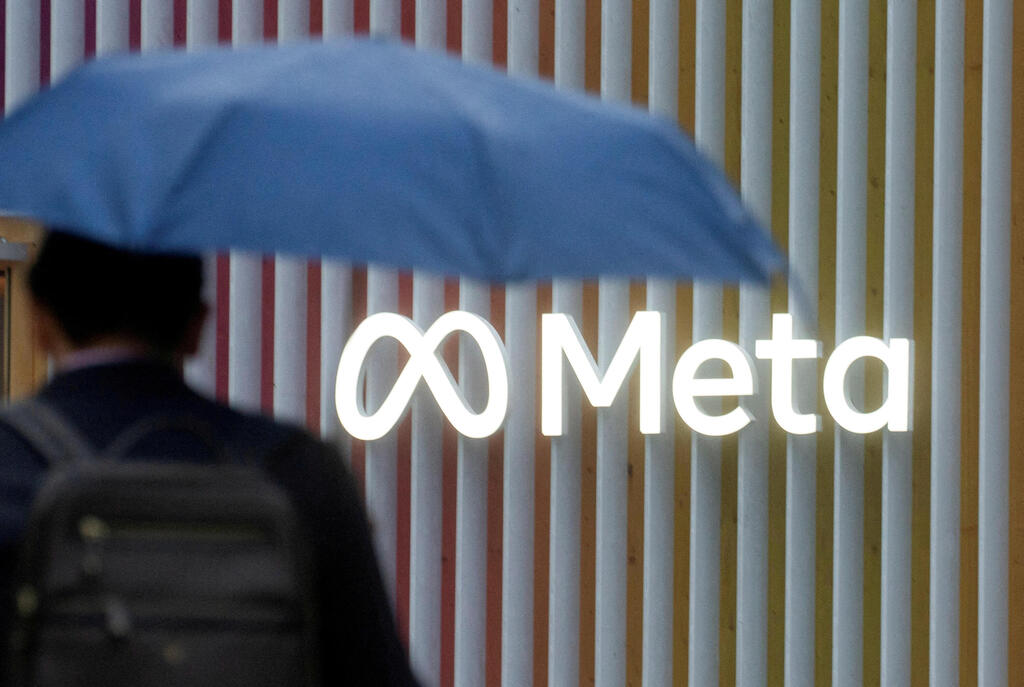Getting your Trinity Audio player ready...
Meta published its quarterly adversarial threat report on Wednesday, detailing its actions to protect its users from fake news and hate speech shared on Facebook and Instagram. The company reported that it removed several campaigns, including at least two Russian anti-Ukrainian campaigns, one from Bangladesh, one from Croatia and one from China targeting India, and that it removed two from the Middle East; one from Israel against Iran and Hamas, and one from Iran with anti-Israel propaganda in Hebrew.
Meta did not explain how these campaigns bypassed the company's recently implemented security measures. However, the report did say that the accounts began using profile pictures generated by artificial intelligence networks (GAN). In other words, operators no longer need to take profile pictures from real people but generate them on a large scale. The Israeli campaign used AI to write comments, which were tagged as propaganda by other users, leading to its removal.
The Israeli campaign created multitudes of pages and accounts to spread its messages, with 510 Facebook accounts, 11 pages, one group and 32 Instagram accounts operating under its name. Meta shared that this account operated from Israel and targeted the U.S. and Canada. The account generated 500 followers for one or more of these pages, fewer than 100 accounts joining this group, and about 2,000 accounts followed one or more of the Instagram accounts. Meta found that the network also spread its messages on Twitter and YouTube, and operated designated websites focusing on the Israel-Hamas conflict and Middle East politics.
Meta stated that the targeted accounts impersonated local accounts, including Jewish students, African-Americans and concerned citizens. They primarily posted in English on the Israel-Hamas conflict, including calls for the release of the hostages; praises for Israel's military activity; criticism of antisemitism on campuses and of UNRWA, and Muslims claiming that radical Islam poses a threat to liberal values in Canada.
The report identified the culprit as the Israeli company STOIC and permanently banned it from its social media platform. Meanwhile, Meta removed an Iranian campaign, which had fewer assets than the Israeli campaign. The company removed 22 Facebook accounts, eight pages, eight groups and 23 Instagram accounts linked to the Iranian anti-Israel campaign. There were about 900 accounts following one or more of these pages, about 1,400 accounts joining one or more of these groups, and about 3,200 accounts following one or more of the Instagram accounts. The Iranian network had more influence than the Israeli one with fewer assets.
The Iranians or their proxies mainly posted in Hebrew regarding local news and current events in Israel, as well as criticism of Hamas and support for Israel. Several accounts posed as right-wing individuals, posting content supporting Prime Minister Benjamin Netanyahu before Hamas' attack on October 7. Other accounts praised far-right National Security Minister Itamar Ben-Gvir, criticizing Netanyahu's conduct. Many accounts posted about Israel's ultra-Orthodox population, while other accounts posted information about Israeli women calling for protests against the government.
Meta's report stuck to the facts and does not delve into who it believes is right or wrong. Evidently, the company wishes to impress regulators, primarily European ones, and demonstrate that it is acting vigorously against malicious content and political manipulation.
Facebook has received a fair amount of criticism for its past behavior and neglect in addressing campaigns such as the Cambridge Analytica scandal, the Rohingya genocide in Myanmar, and the mosque massacre in New Zealand. It also appears that Meta is trying to maintain a neutral stance and not take sides between Israel, Hamas and Iran in an attempt to walk a fine line.




